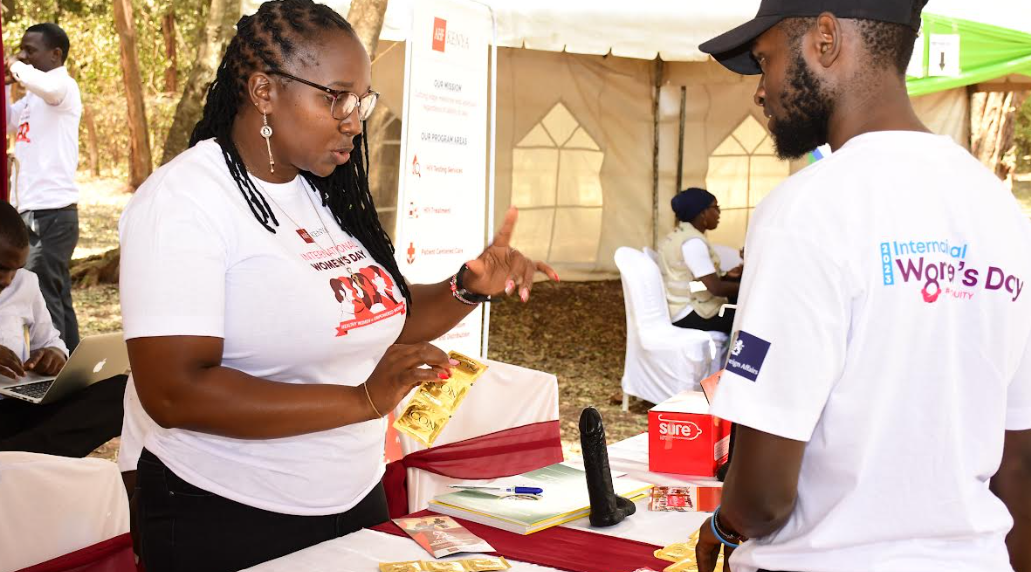The AIDS Healthcare Foundation (AHF) has called for concerted efforts to address gender inequality as a root cause of the HIV epidemic citing that gender inequality increases women’s risk of HIV infection by limiting their ability to negotiate safer sex, access HIV testing and treatment, and protect themselves from sexual violence.
The urgent call to action came on International Women’s Day, a day dedicated to celebrating women’s achievements and promoting gender equality worldwide. Speaking on the issue, Dr Samuel Kinyanjui, the AHF Country Director, stated that Sexual-based violence, a product of gender inequality, is one of the key drivers to increased HIV infections and teenage pregnancies.
“Women who experience gender-based violence feel disempowered and lack the confidence to negotiate safe sex practices or access sexual health services. Neglected children from abusive homes are often raped and defiled by relatives and often engage in transactional sex. This increases their risk of contracting HIV and experiencing unintended pregnancies,” said Dr Kinyanjui.
In a series of events organized in Homabay, Kwale, and Nairobi to commemorate International Women’s Day, AHF, the County Governments, and other civil society organizations in the health sector, provided free cervical cancer screening, HIV testing, and counselling, and educated women and girls on available interventions that protect them from HIV and promote socio-economic empowerment.
Dr Kinyanjui also noted that gender inequality remains a significant factor in the rise of HIV infections among women and girls in Kenya, as they are disproportionately affected by poverty, violence, and cultural practices that limit their access to education, healthcare, and economic opportunities. This vulnerability increases their risk of HIV infection.
According to the Joint United Nations Programme on HIV/AIDS (UNAIDS), women accounted for 59% of new HIV infections in the country in 2020. Adolescent girls and young women in Kenya are two times more likely to acquire HIV than their male counterparts.
Last year, the Center for Rights Education and Awareness received over 3,762 cases of GBV with most cases of rape, incest and defilement occurring in dysfunctional families.
The Kenyan Government has promised bold action to address the social and structural factors that increase women’s vulnerability to HIV. During last month’s meeting of the global alliance to end AIDS in children held in Dar es Salaam, Tanzania, the Kenyan Cabinet Secretary for Health, Dr Nakhumicha S. Wafula, stated that the Kenyan Government is committed to using digital technology to ensure access to treatment and care for all pregnant and breastfeeding women.
AHF is calling for structural reforms beyond the health sector, policy changes to combat violence against women and girls, and major investments in initiatives to change harmful gender norms.
Speaking on the sidelines of one of the events, the AHF Nursing Officer Aska Omwancha stated that AHF is keen on empowering women with sufficient information to pursue HIV testing, get started on HIV treatment, and adhere to treatment.
Read: Top 10 Counties With Highest HIV Infection Rates In Kenya
>>> MYDAWA Receives Ksh135 Million Grant Funding To Fight HIV/AIDS









Leave a comment